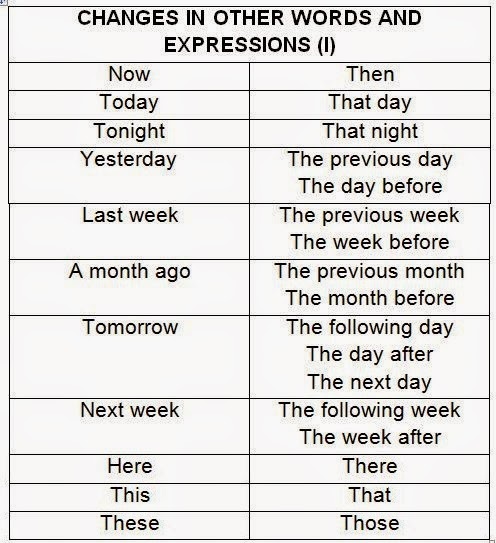To talk about past habits in English, we generally use two structures: used to and would. In this post, we are going to see how do we use them and the difference between these two structures:
USED TO + infinitive (negation: did not use to +
infinitive/ questions: did + subject+use to…?)
Meaning 1: We use it to talk about something that we
often did in the past but we do not do anymore
Ex: I used to play tennis a lot, but I don’t play very often
now (= I played tennis in the past but I don’t do it anymore)
In this sense, we can substitute used to by would.
Usually, when we are telling a story about past habits, we start with used to
and continue with would.
Meaning 2: we use to talk about a state that lasted for
some time in the past.
Ex: We used to live in a small village (= this was true in
the past, but is not true in the present)
In this sense, we cannot substitute used to by would.
If you click in the following link, you can download
more detailed theory about used to and would and some exercises to practise
(source: English Grammar in Use, by Raymond Murphy).


